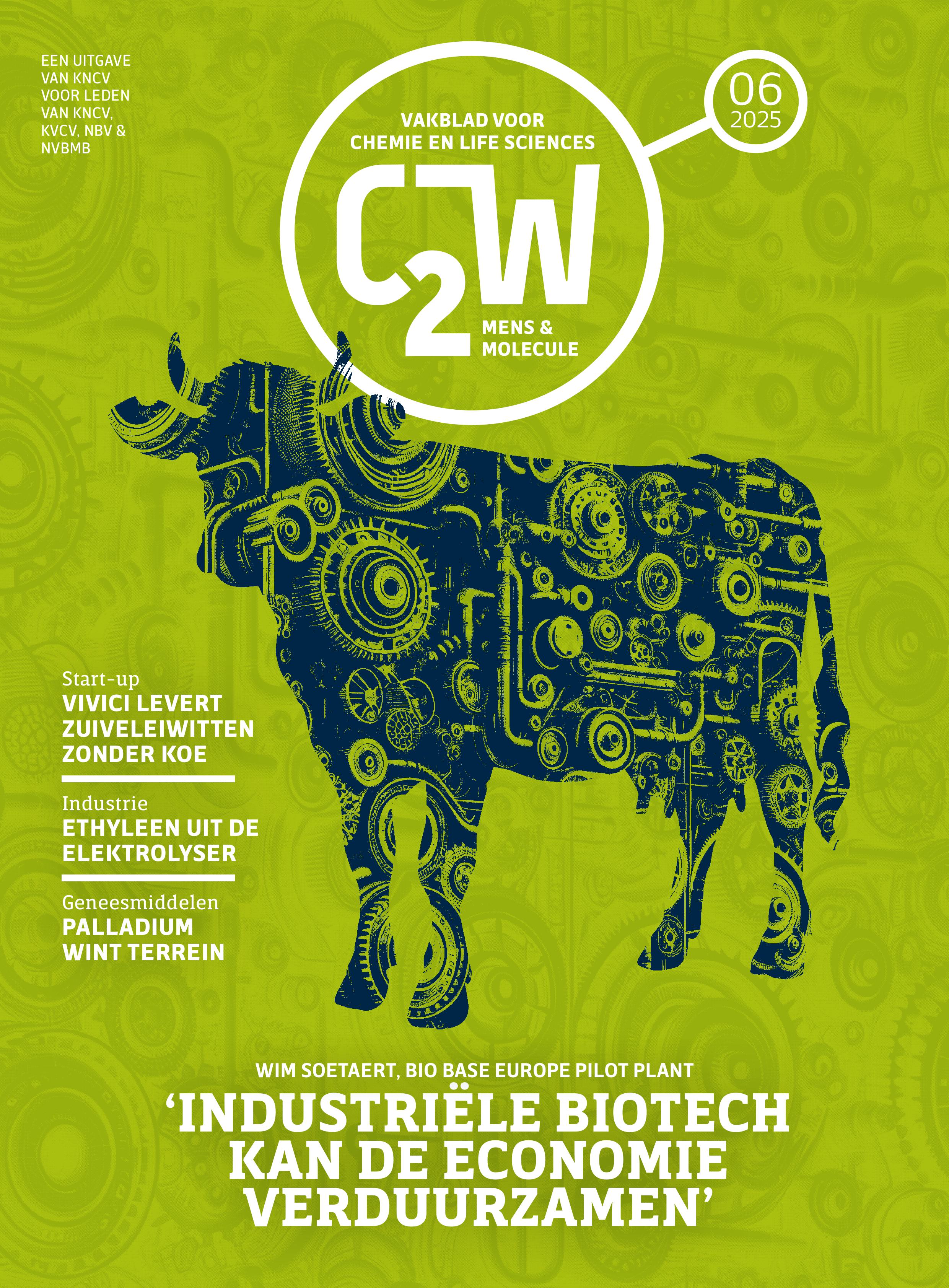Would you like to add an event to this list? Simply register your event using this form.
Catalytic Upcycling of α-Ketoglutaric Acid into Sustainable Nylon Materials

Category
Ph D Defense
Date
Venue
KU Leuven, Thermotechnisch Instituut, Aula van de Tweede Hoofdwet, 01.02 - Kasteelpark Arenberg 41
3001 Leuven, België
3001 Leuven, België
Promovendus/a: Louis-Thibault Opsommer
Promotor(en): Prof. dr. ir. Bert Sels
The chemical industry today heavily relies on fossil-based feedstocks such as coal, oil, and natural gas to produce useful chemicals (such as fuels and medicines) and plastic materials. To develop more sustainable chemical processes, the industry must heavily shift towards renewable carbon sources including biomass and plastic waste. Moreover, these manufacturing processes should reduce environmental impact, and the resulting plastic products after use should be recycled into their original building blocks, which are preferably non-toxic. Nylon materials, for instance, though produced in lower volumes for specific applications compared to polyethylene, are one of the main sources of environmental pollution as nylon waste easily ends up in landfills, seas, rivers, and oceans, owing to their strong amide bonds which are not easily broken.Among the many possible strategies is the dual bioprocess-catalysis approach. Bacteria and yeasts are able to consume a wide variety of complex feedstocks present in biomass, biodiesel, and plastic waste. These microbes then act as little cell factories to yield a desired product and recent advances in fermentation techniques have enabled bioindustries to produce in elevated volumes. These bio-based products, often rich in chemical functionalities such as oxygen and nitrogen, can be further converted into desired building blocks, and eventually novel materials. By using simple catalysts such as noble metals, bio-based compounds easily react with green chemical reagents to form new products. These products can be turned into materials, rich in oxygen, with properties matching those of their fossil-derived analogues. Additionally, these materials are more prone for recycling or degradation. Consequently, this dual bioprocess-catalysis approach is a promising route in search for sustainable chemical production.
In this context, this thesis has focussed on turning the difficult-to-recycle polyethylene plastic into a new, high-value nylon material that is easier to recycle and has improved properties. Polyethylene is one of the most common plastics, yet its degradation and recycling are challenging. The approach here encompassed both biology and chemistry: Initially, polyethylene waste was chemically broken down into a complex oil mixture. Then, a rather unconventional yeast called Yarrowia lipolytica grew exceptionally-well on this oil and produced a valuable bio-chemical called α-ketoglutaric acid. Next, this bio-based chemical was transformed using simple catalysts into a useful building block to produce a novel-type nylon. Compared to traditional fossil-based nylons, this novel nylon not only recycles more easily through a simple process, it also has a better processing window, making it easier to manufacture. This work overall shows a promising way to take plastic waste and turn it into more useful, sustainable, and higher-quality materials, helping the chemical industry move towards a greener future.
All Dates
- 2025-11-19 17:00
Powered by iCagenda

